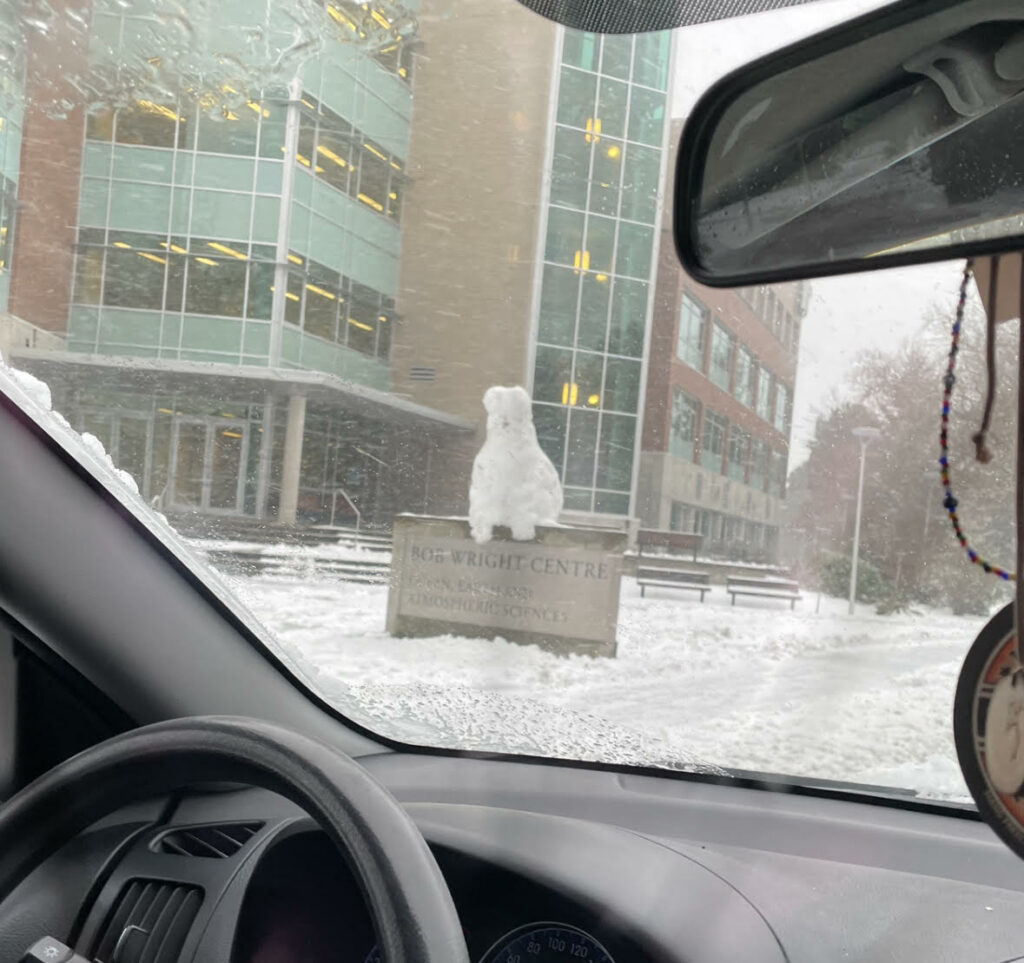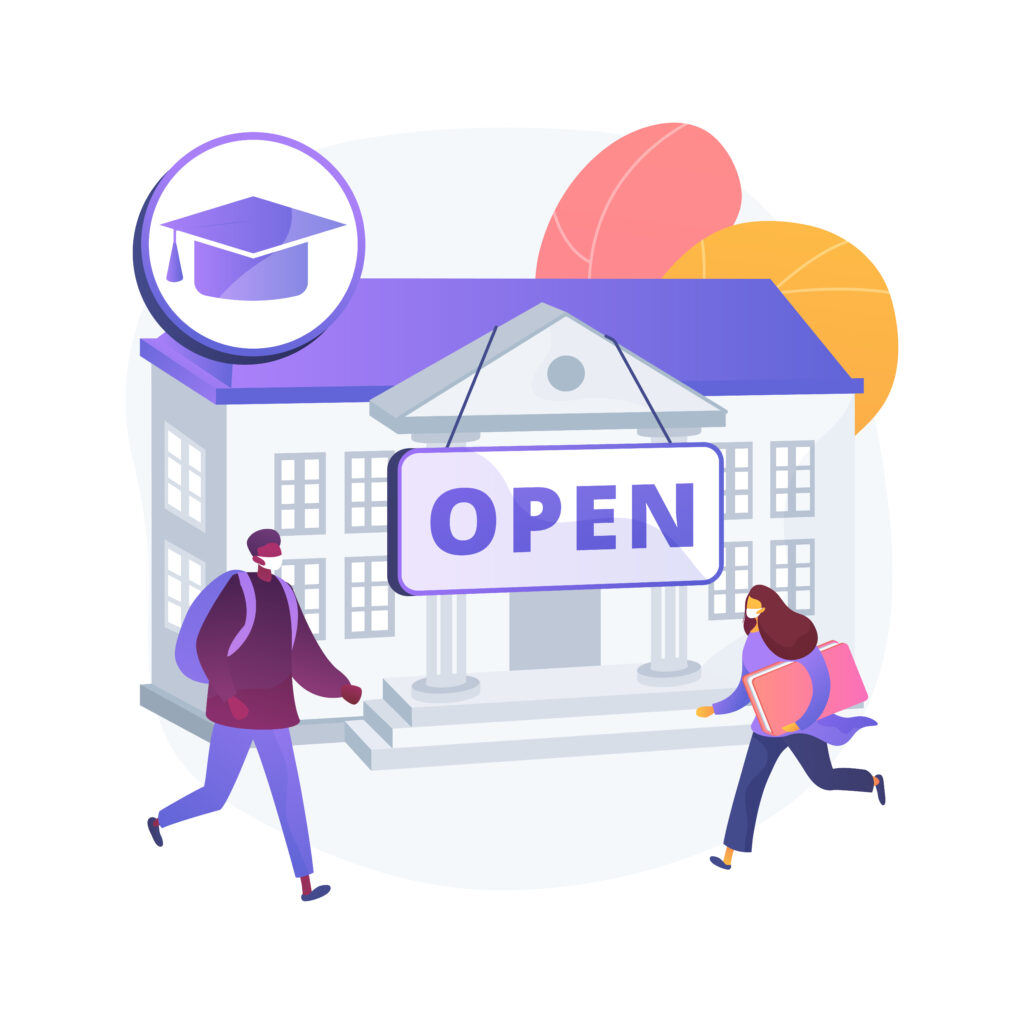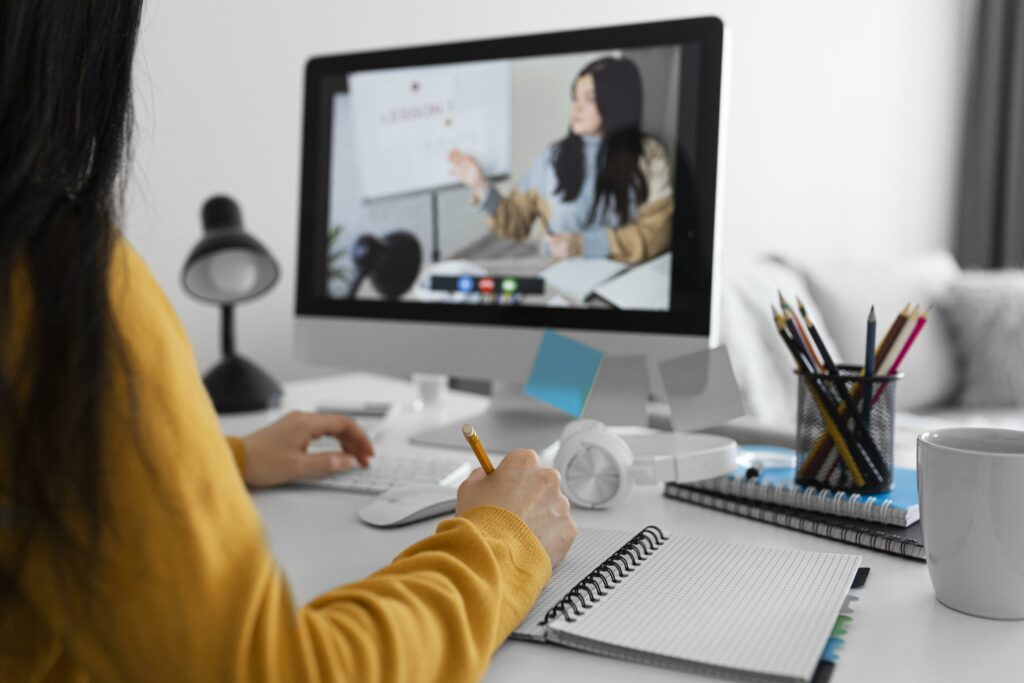Blog post #1
I believe that digital literacy is the ability to read, write, and interact safely with the digital world. It’s not about writing code or reading binary strings but about confidently and safely navigating the digital world with ease. An example is, from my experience, Brightspace is an excellent platform for the University of Victoria to manage grades, assignments, and course materials. Personally, I feel confident navigating the site and can use it with ease. However, not everyone may share my comfort level.
As a fully online student by choice and an advocate for distributed, hybrid, and online learning modes, I consider myself to have a strong grasp of digital literacy. This skill is one of the reasons why I do better in fully online courses. That said, I acknowledge that distributed learning, while ideal for me, may pose challenges for others who struggle with navigating digital tools. For those individuals, face-to-face learning modes might be more appealing as they better suit their comfort level with digital literacy.
When I first started University I strictly took face-to-face classes. Since my junior and senior years in highschool were fully online due to COVID-19, I was exhausted of online school. I wanted to be back in real classrooms surrounded by my peers. However as the years went on I got tired of commuting long distances to get to classes that were five hours apart and having to spend most of my day on campus lounging around waiting for my next class to start. Oftentimes I make my usual hour and a half commute to school to get to class and be completely unable to focus. Each week felt like I was wasting more time than the last. I gave a couple online classes a shot to find this is where I shined academically. Without being around computers and technology my entire life I’m not sure if I would have wanted to make the switch to fully online.
Digital literacy plays a critical role in how individuals engage and succeed in today’s digital world. As I’ve shared firsthand, how my understanding of digital tools and platforms can lead to greater academic success, and digital literacy continues to evolve around our ever changing world. I believe it’s becoming ever more important to create and support equitable open educational opportunities that support learners at different levels of digital fluency, ensuring that everyone can thrive.
My last little note is about how I control my digital identity. While there is an illusion of privacy on the internet, I still make sure that my posts and interactions on social media platforms stay always within professional bounds. Meaning if I don’t think my Instagram post from yesterday would be very appropriate printed and stuck to a wall at a potential future job, I wouldn’t post it.

References
BCcampus. (n.d.). What is open education? BCcampus. https://open.bccampus.ca/what-is-open-education/
Post #2
This week’s module on pedagogy and instructional design has me reflecting on what works for me as a student, along with leaving me to consider how I want to practice pedagogy as I am pursuing a new career path as a personal trainer and powerlifting coach. For me, pedagogy means how teachers teach and how students learn. Furthermore, for me, good pedagogy involves practicing adaptability, having learning materials and course navigation organized, and, most importantly, explaining the “why” of course material and activities.
For example, in my future teaching, my adaptability will be critical for my teaching success and the success of a client. It’s likely that I will get clients that come for training because conventional weightlifting does not suit them. An example of this is I might come across an older client who is looking to just increase their everyday strength and stamina. They might have mobility issues that hold them back from performing conventional movements. If I had the same rigid plan (course plan) for every client, what kind of trainer would I be? Adapting to individual needs to help them reach their goals is the name of the job, which is why being adaptable is important for the overall success of myself and the client.

Feature Photo by Leon Ardho on Pexels
Organization, in my case, is a bit different from classroom organization but is still important for the career I’m pursuing. Being on time, ready to work with the scheduled client, and bringing any additional equipment is how I would maintain professionalism and good pedagogy. Just like teaching school, being ready with organized, relevant material to teach their students is a part of being a good teacher.
Lastly, the “why.” I struggle to learn anything if I don’t know why I’m doing it. I have been in courses where there is minimal course introduction and it just jumps straight into dense course material. For personal success, I need to know why what I’m learning will benefit me, my future, or further my education. Bringing this back to personal training, teaching someone what they are training and how it will benefit and strengthen their body instills meaning and passion in their hard work. If someone told me to pick up something heavy and put it back down over and over again week after week and never explained to me why, I, like many others, would be hesitant to come back and not find meaning or passion in this tedious work.
As for the next chapter of my life as a student, the program I’m enrolling in is fully online via Zoom. While I am excited, I am also nervous, as the grading for the course is all based on exams. I thrive academically with constructivist learning. Writing papers, presenting, and making infographics is the way I best demonstrate the things I have learned. I try not to put negative labels on myself, but I am a horrible test taker. While Zoom, and network pedagogy is nothing new to me, an exam only certification does worry me.
Blog #3
Online learning comes with many pros and cons. Unlike in-person learning, online learning also faces accessibility challenges. In-person learning requires you to be in a physical classroom at a certain time and as long and you live close to where you study it shouldn’t be a problem, while online learning can be achieved from any place at any time. However, online learning faces a new set of accessibility issues, such as language and technical barriers. However, there are many solutions to these daunting problems that can come with online teaching. Creating a user-friendly and accessible website is the first step. The University of Victoria has a great guide to improve accessibility for online courses. Their guide is full of great tips from providing alternate versions of text for images to help you, to making an easy to read color pallet for your website. However, there were two things I wish to have seen on the list that I believe are also important to improve accessibility. First is to make sure that your website has a responsive design. Meaning that the website would look correct and function properly no matter what the size of the screen is. Which would be easy and effective navigation from any smartphone since over 60% of the world population owning a smartphone. The next recommendation I have is to include text to speech features on the website. A speech to text feature would make a more inclusive environment for students who suffer from visual impairments.

Photo off the University of Victoria Website
visual impairments.
This ties into the next subject I wanted to discuss which is the ethical challenges of EdTech. Since EdTech requires EdTools, such as phones, computers, internet, and many more. This brings me back to what I just said about accessibility. While yes a very high percentage of the world population has smartphones. It’s possible millions might not have service or high speed internet to connect with their class. It’s also entirely possible that there will be online activities or labs where a smartphone could not have enough processing power. Just those two examples could make online learning inaccessible to them. Which raises the question of equality in EdTech. I know that we don’t live in a magical world where everyone who wants to learn could get all the EdTech tools needed to be successful, but there are options to improve equality for those struggling with EdTech Tools availability. For example this article I was reading, 7 Ways to Make Distance Education More Equitable suggests the integration of offline apps to substitute learning that would usually be accessible with internet connection.
Lastly, I wanted to discuss how the principles of Universal Design for Learning promote diverse learning, improve accessibility. The three main principles of UDL are: providing multiple means of engagement, representation, and action and expression. Having a flexible course structure that allows UDL will let students to learn by different means and express their learnings is another great way to improve accessibility. This further assists to knock down barriers that can stand in their way of success. As I mentioned earlier if teachers were able to provide offline means of engagement it would help those without a stable internet connection. Depending on course structure students could also work on assignments that were offline such as writing essays as their method of expression.
While online learning offers flexibility and convenience, it also introduces significant accessibility challenges that need to be addressed to ensure an equitable learning experience for all students. Embracing these challenges and using the principles of UDL, helps cater to diverse learning styles and overall success for learners and teachers.

Photo by Maya Maceka on Unsplash
Blog Post #4
I feel like open pedagogy is completely different from traditional learning because it creates educational opportunities for millions of people. As I’ve mentioned in previous blog posts, I strongly believe education is a right for every living person. Traditional in-person postsecondary education requires students, teachers, and teacher assistants to be in the same place at the same time, often at a hefty price. Open education removes those barriers, letting students learn from anywhere, at any time. And it’s not just students who benefit, teachers also gain more flexibility in how and when they teach. This shift in accessibility can be life-changing for those who might not otherwise have access to education due to financial, geographic, or personal limitations.

That being said, while open education sounds like a game-changer, it’s important to understand what makes it so accessible and to consider both the pros and cons. Open Educational Resources (OER) play a huge role in this. OER are freely available teaching materials, things like textbooks, lectures, and full courses—that anyone can use as they’re free. They help break down financial and locational barriers, as long as people have the right technology to access them. This also applies to lifelong learners who might not be in a formal educational setting but still want to expand their knowledge. In my opinion, using OER in teaching is an amazing idea. The more freely accessible resources you include, the more people can benefit from them and grow.
Of course, open education isn’t perfect. Since anyone can create and publish OER, there are concerns about the accuracy and credibility of the materials. Without proper vetting, misinformation can spread, which is a major issue in an educational setting. There’s also the question of sustainability: who funds the creation and maintenance of high-quality OER? While some institutions and organizations support open education, funding has been dropping fast. Back in 2021, EdTech companies pulled in $17.3 billion in investments, but by 2024, that number dropped to just $3 billion. Cristina Criddle, a journalist covering this shift, says these ups and downs reflect the industry’s struggle to stay afloat after the pandemic boom. This funding decline raises concerns about whether open education initiatives can continue to expand or if they’ll face challenges in maintaining quality and availability in the long run.
Even with these challenges, open education is still an incredibly powerful tool. It makes learning more flexible, accessible, and open to way more people than traditional education ever could. If the right balance can be found ensuring quality while keeping resources free and accessible, open education has the potential to revolutionize learning worldwide.

Recent Comments